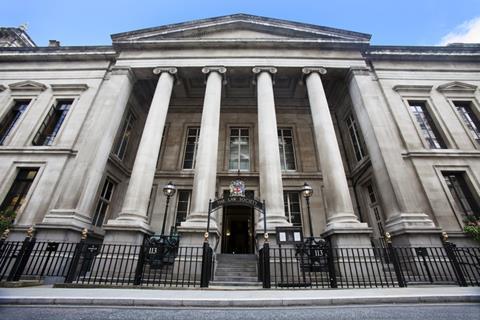The government must remain answerable to the law like the general public, the Law Society has warned - expressing concern over additional proposals to reform judicial review that go beyond what an independent panel has recommended.
The government unveiled a package of reforms in response to the findings of an Independent Review of Administrative Law. Both documents were published yesterday.
The review panel, chaired by Lord Faulks QC, proposed two substantive reforms: to reverse the effect of the Supreme Court’s 2011 judgment in Cart, preventing Upper Tribunal appears being subject to judicial review, and introduce suspended quashing orders as a new remedy.
However, lord chancellor Robert Buckland announced he wants to go further. Additional reforms, not recommended by the panel, include looking at how ‘ouster clauses’ – which define the bounds of the court’s jurisdiction - can be enforced.
Law Society president David Greene said: ‘We need to consider carefully government proposals to change rules that would put some ministerial decisions beyond the reach of the court – so-called 'ouster clauses' – but the guiding principle must be the government is and must remain answerable to the law – just like the rest of us.

‘To reverse this centuries-old principle, even in specific and limited ways, would undermine the rule of law and overturn the notion fundamental to British justice that the government is accountable to the people in law, through the court.
‘Where there are legal questions, anyone affected must have the right to ask the court’s opinion and the court must have the entitlement to respond. Executive convenience must not drive an operation to put certain decisions beyond the reach of the courts.
‘As things stand courts can and routinely do decide that decisions are beyond the scope of judicial review and defer to public bodies. Parliament will need to think very carefully about the potential impact of any proposals for ouster clauses on access to justice and the rule of law.’
On Cart judicial reviews, Greene said removing the option of recourse to judicial review in any area risks injustice, ‘not only for those people whom the court would have found in favour of, but also for the much larger number of cases where settlement is achieved only under the threat of judicial review, which are not reflected in the panel’s figures’.
Chancery Lane welcomed the introduction of suspended quashing orders and said improvements to procedural changes, particularly at the pre-court stage to encourage prompt settlement, could improve access to justice.





























16 Readers' comments